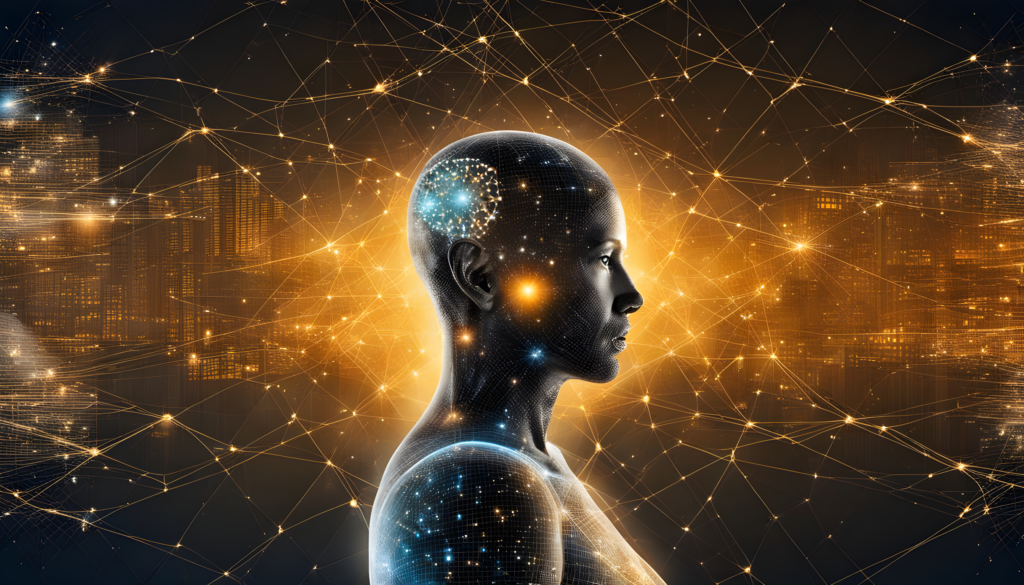Introduction
Artificial Intelligence (AI) and Data Science are two rapidly evolving fields that have gained significant attention in recent years. While they are distinct disciplines, there is an undeniable intersection between the two.

Understanding Artificial Intelligence
Artificial Intelligence refers to the development of machines and systems that can perform tasks that typically require human intelligence. It encompasses various subfields such as machine learning, natural language processing, computer vision, and robotics.
Exploring Data Science
Data Science, on the other hand, focuses on extracting insights and knowledge from structured and unstructured data. It involves techniques like data mining, statistical analysis, and predictive modeling to uncover patterns, make predictions, and support decision-making processes.
The Synergy Between AI and Data Science
AI and Data Science are highly complementary fields, with each benefiting from the other's advancements and techniques.
Data Science provides the foundation for AI by supplying the necessary data and analytical tools. Without a strong data science foundation, AI models would lack the ability to learn from and make sense of vast amounts of data.
Conversely, AI enhances Data Science by automating and accelerating various data-related tasks. AI algorithms can process and analyze data at a scale and speed that surpass human capabilities, enabling data scientists to extract insights more efficiently.
Applications of AI and Data Science
The intersection of AI and Data Science has resulted in numerous applications across various industries.
In healthcare, AI algorithms can analyze medical records, images, and genetic data to assist in diagnosing diseases and developing personalized treatment plans. Data Science techniques can help identify patterns and risk factors, enabling better patient care.
In finance, AI-powered algorithms can analyze vast amounts of financial data to detect fraud, predict market trends, and automate trading strategies. Data Science techniques can uncover hidden patterns in market data, helping financial institutions make informed decisions.
In manufacturing, AI and Data Science can optimize production processes, predict equipment failures, and improve supply chain management. By analyzing sensor data and historical maintenance records, AI can identify potential issues before they occur, minimizing downtime and reducing costs.
The Future of AI and Data Science
The intersection of AI and Data Science holds immense potential for the future. As technologies continue to advance, we can expect to see even more sophisticated AI models that can learn from larger and more diverse datasets.
Data Science will play a crucial role in ensuring the ethical and responsible use of AI. As algorithms become more complex, data scientists will need to address issues of bias, fairness, and transparency to ensure that AI systems are trustworthy and beneficial to society.
Conclusion
The intersection of Artificial Intelligence and Data Science is transforming industries and pushing the boundaries of what machines can accomplish. The synergy between these two fields opens up new possibilities for innovation and advancements in various sectors. As we continue to explore the potential of AI and Data Science, it is essential to approach their development and deployment with responsibility and ethics in mind. There is a course to study on this field.

